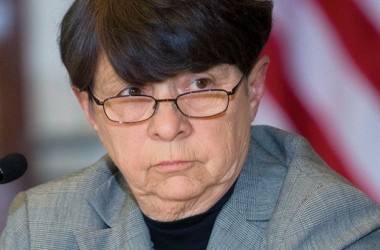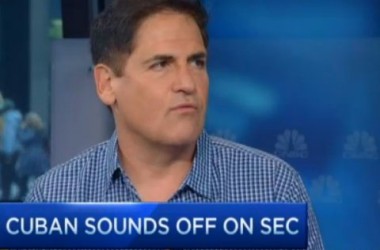
(Bloomberg) — MetLife Inc., the largest U.S. life insurer, said the Financial Industry Regulatory Authority’s staff has indicated the agency will seek a “significant fine” from the company’s broker-dealer unit as part of a probe into possible violations tied to variable annuities.
The company is cooperating in this investigation, MetLife said Thursday in its quarterly regulatory filing. The probe focuses on potential violations “regarding alleged misrepresentations, suitability, and supervision in connection with sales and replacements of variable annuities and certain riders on such annuities,” MetLife said in the filing.
Finra, the brokerage industry’s regulator, is among government watchdogs seeking to guard against abuses in the sale of retirement and savings products in the U.S. The authority told the insurer on Sept. 25 that it would recommend disciplinary action, according to the filing.
“We strongly disagree with the conclusions reached by Finra, and we will defend ourselves vigorously,” John Calagna, a spokesman for the New York-based insurer, said in an e-mailed statement. “MetLife is reserved for this matter.”
The insurer said in the filing that its estimate for reasonably possible legal costs in excess of reserves was as much as $425 million. That compares with an upper range of $410 million at the end of the second quarter.



